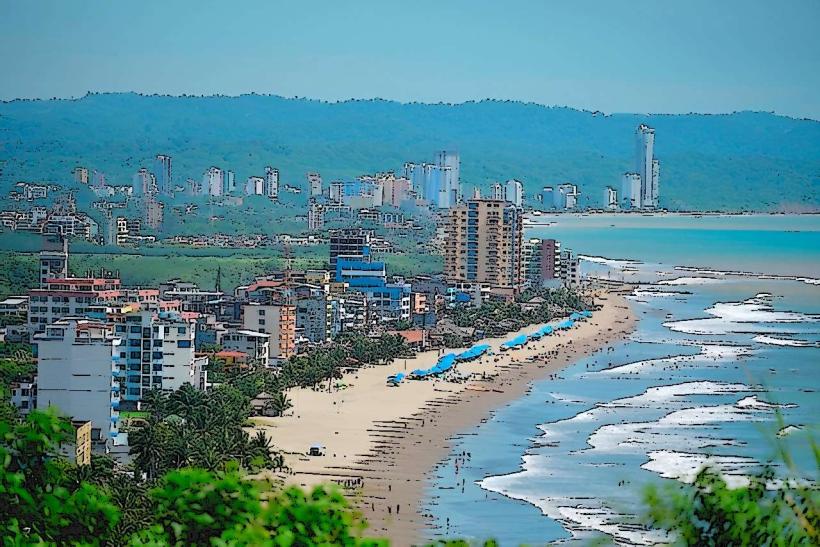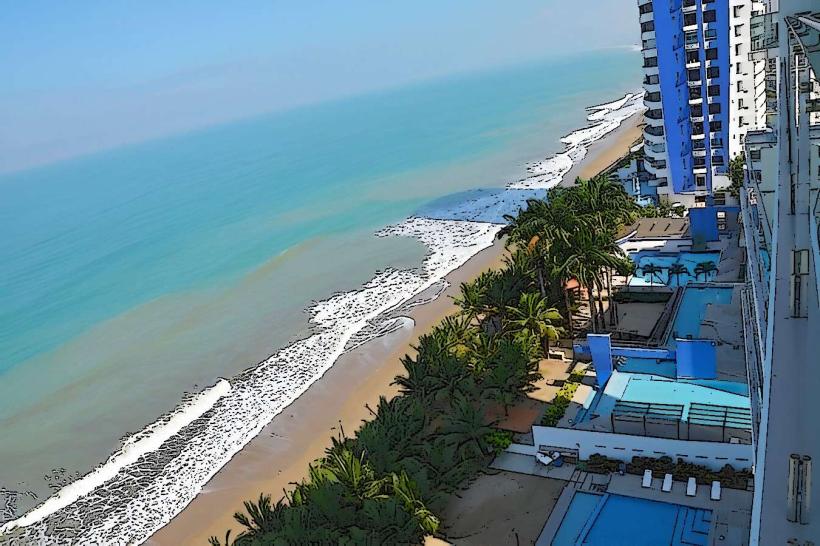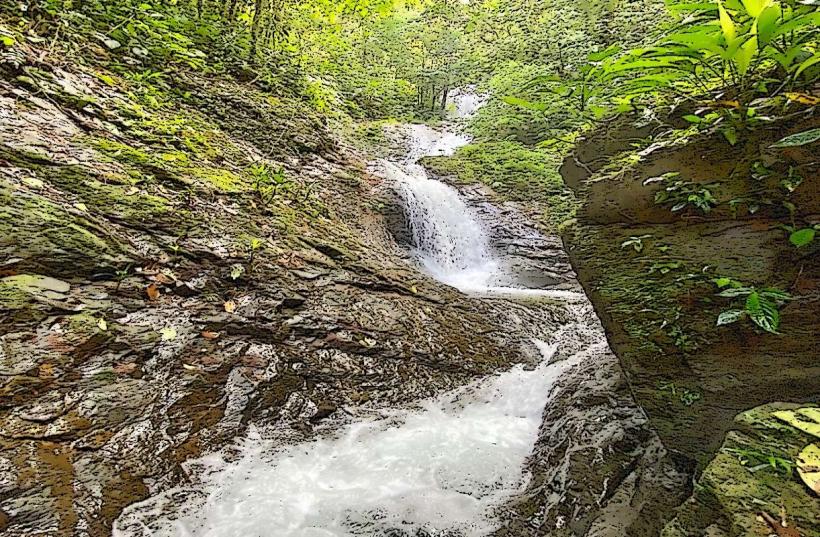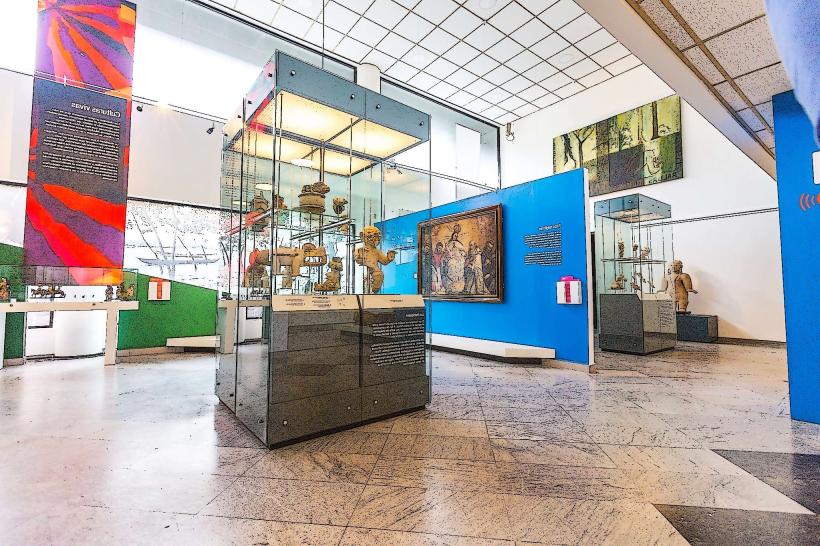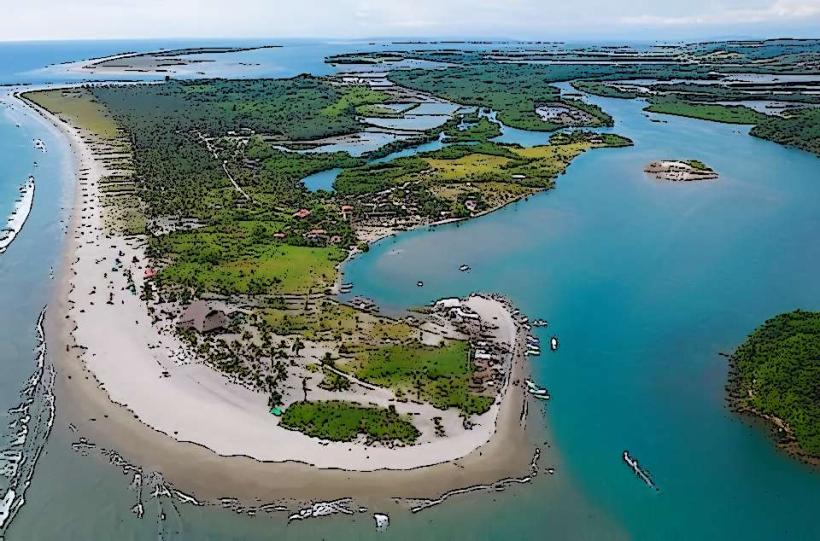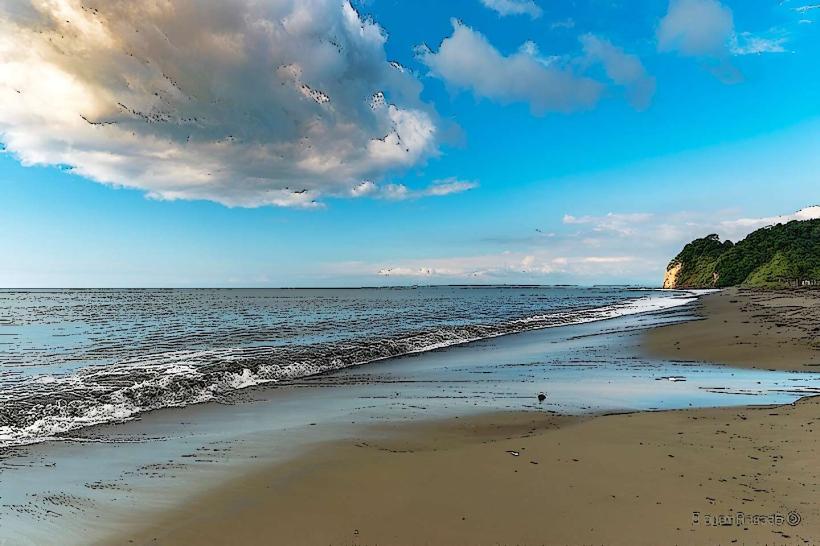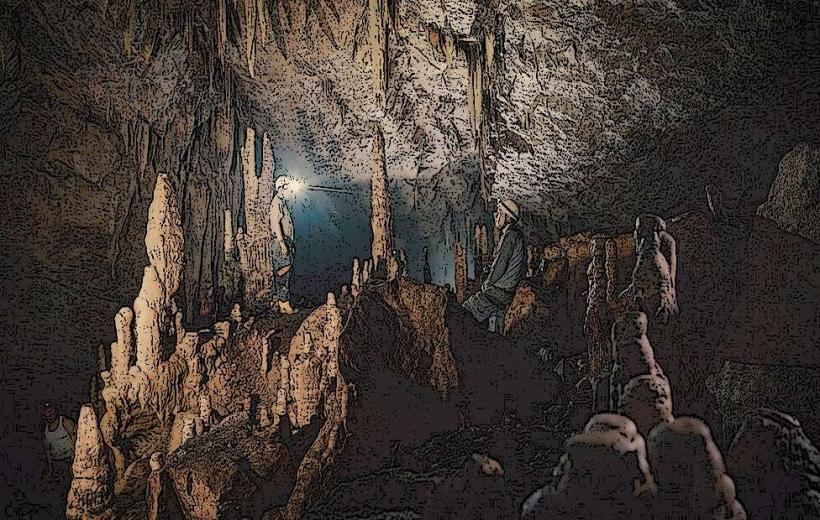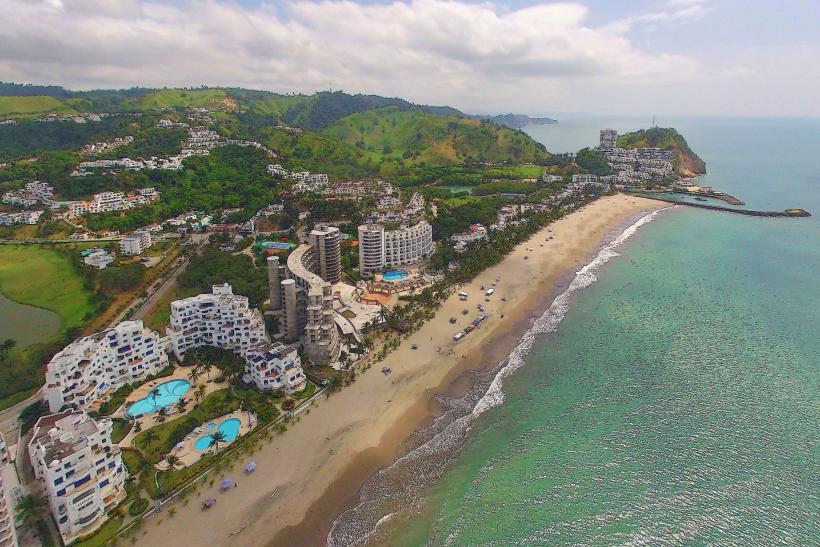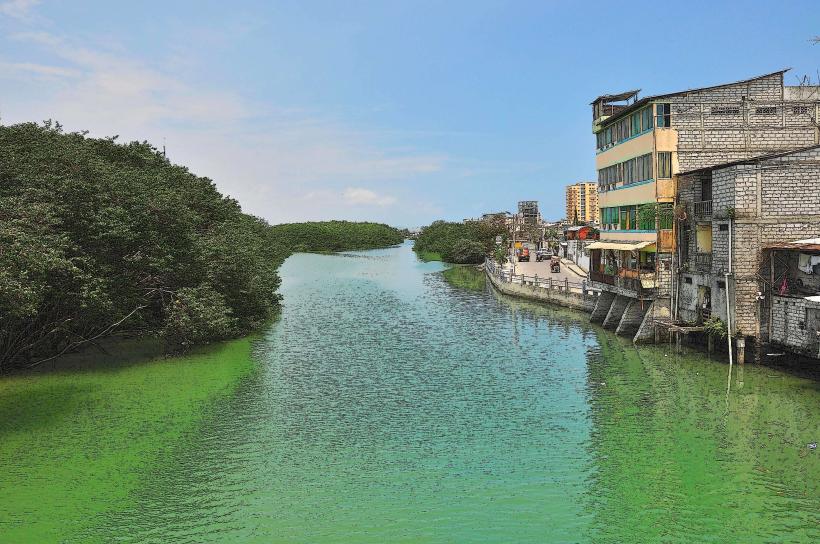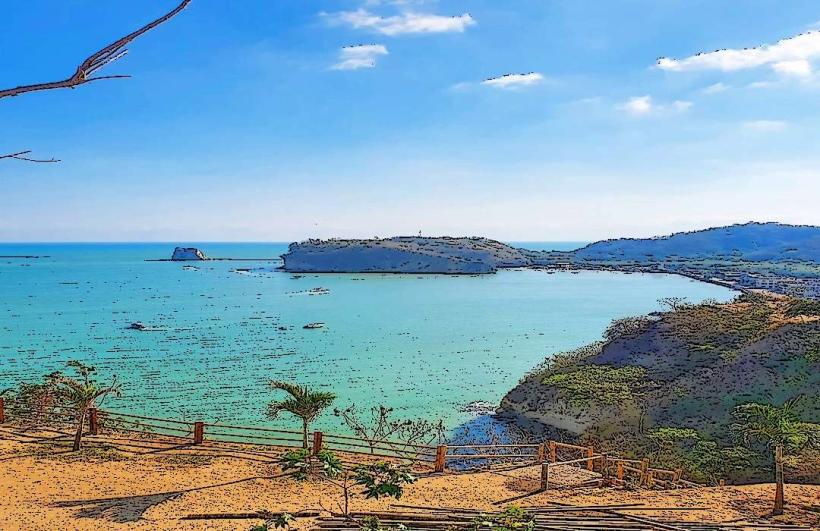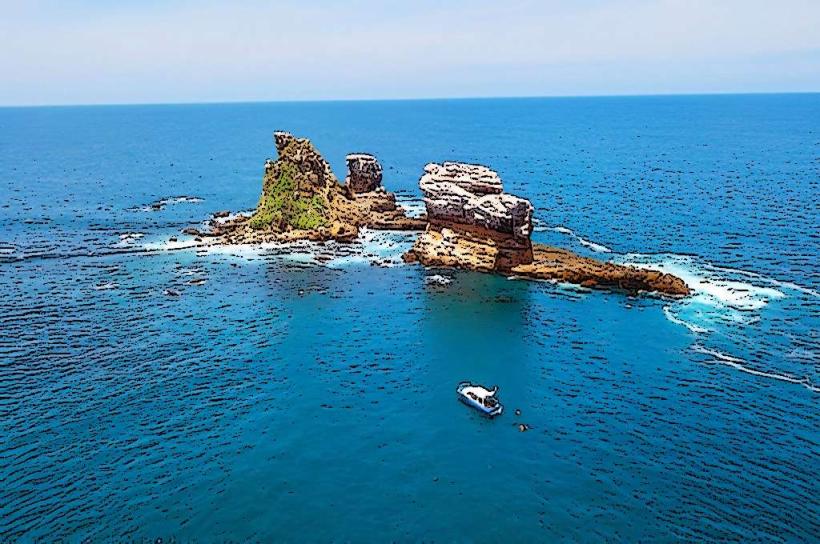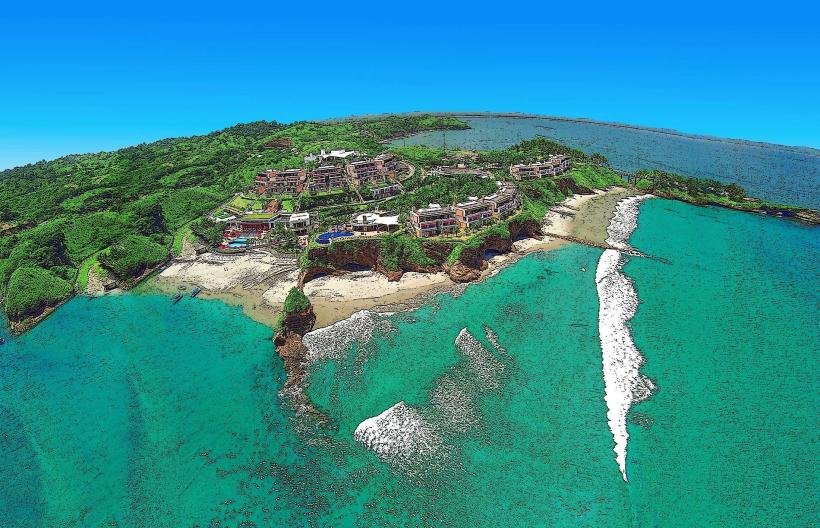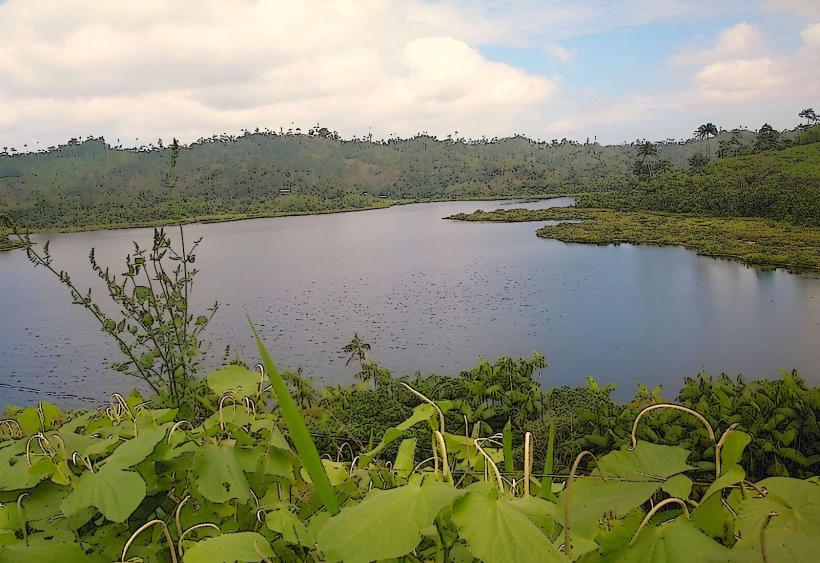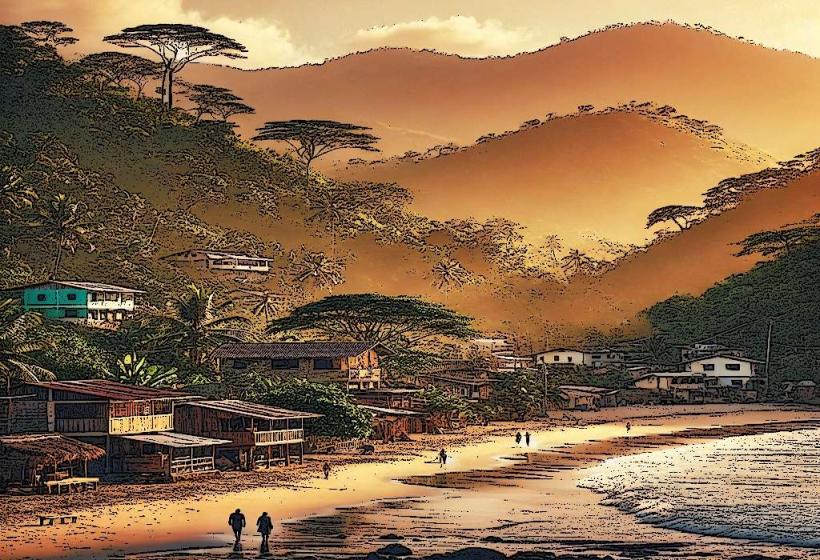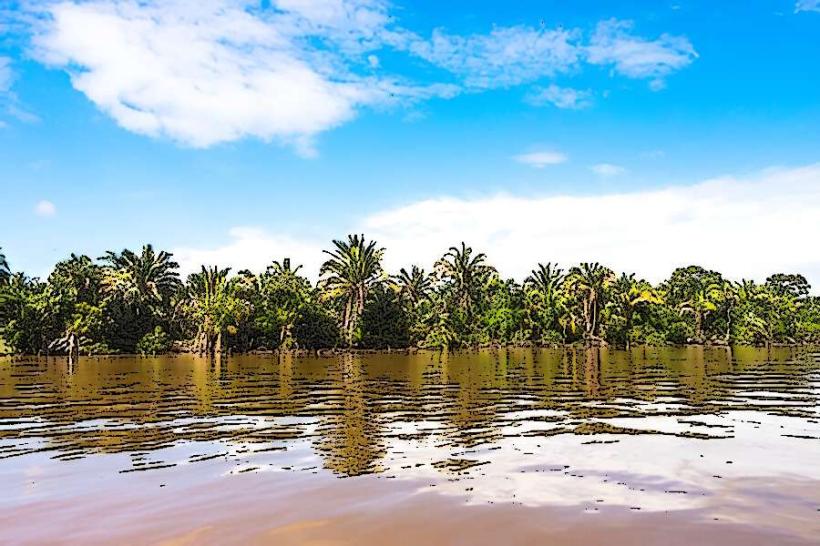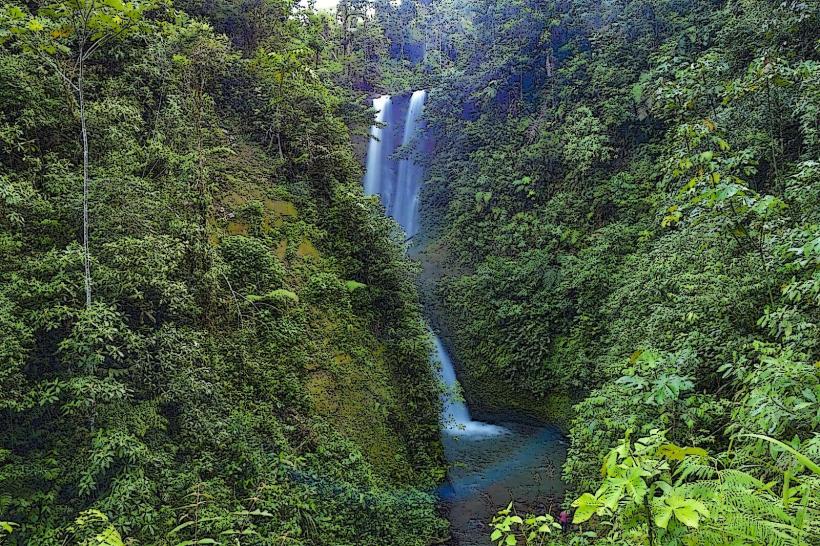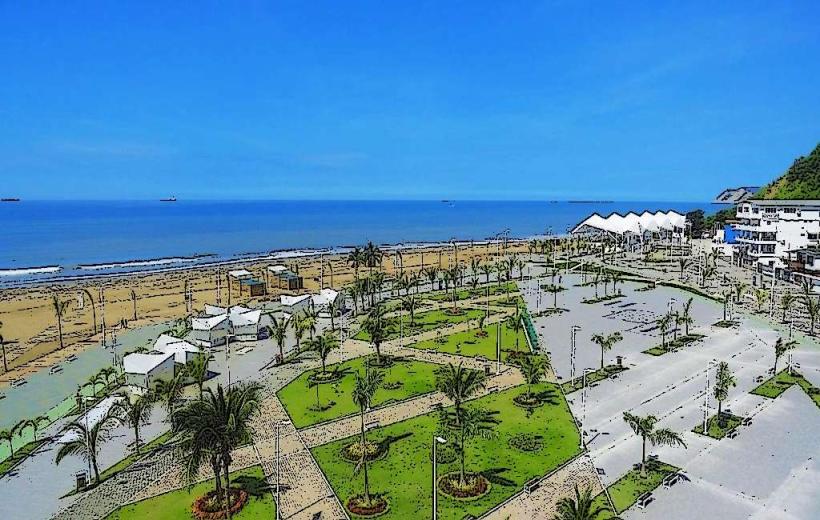Information
Landmark: Parque Nacional MachalillaCity: Esmeraldas
Country: Ecuador
Continent: South America
Parque Nacional Machalilla, Esmeraldas, Ecuador, South America
Parque Nacional Machalilla – Ecuador’s Coastal Natural Gem
Parque Nacional Machalilla is one of Ecuador’s most important protected areas, located along the Pacific coast in Manabí Province. Covering approximately 750 km² (290 mi²) of land and marine ecosystems, this diverse national park features pristine beaches, tropical dry forests, offshore islands, and rich biodiversity. It is a must-visit for nature lovers, adventure seekers, and those interested in Ecuador’s cultural heritage.
Key Attractions in Parque Nacional Machalilla
1. Isla de la Plata – The "Poor Man’s Galápagos"
- Isla de la Plata is a small island off the coast, famous for its Galápagos-like wildlife, including:
- Blue-footed, red-footed, and Nazca boobies.
- Frigatebirds, pelicans, and albatrosses.
- Marine life like sea turtles, dolphins, and manta rays (best seen from June to September).
- Snorkeling and diving around the island offer opportunities to see colorful fish, coral reefs, and sometimes humpback whales.
- Accessible via a boat tour from Puerto López (about 1.5 hours each way).
2. Playa Los Frailes – Ecuador’s Most Beautiful Beach
- Los Frailes Beach is often considered the most beautiful beach in Ecuador, featuring:
- Soft white sand, clear turquoise waters, and dramatic cliffs.
- No large crowds-it’s part of the national park and remains well-preserved.
- A hiking trail (about 1 hour) leads to two scenic viewpoints and smaller beaches, like Playa Prieta and Playa Tortuguita.
- Swimming, sunbathing, and photography are popular activities here.
3. Agua Blanca Community and Archaeological Site
- Agua Blanca is an Indigenous community that preserves the pre-Columbian Manteño culture.
- Visitors can explore:
- A small archaeological museum with artifacts from the Manteño civilization (800–1532 AD).
- A sacred sulfur lagoon, where visitors can bathe in mineral-rich waters (believed to have healing properties).
- Guided tours that explain the history, medicinal plants, and traditions of the area.
4. Coastal and Tropical Dry Forests
- Machalilla is one of the few places in South America with tropical dry forests, home to unique flora and fauna.
- Wildlife includes howler monkeys, armadillos, deer, iguanas, and hundreds of bird species.
- The forests bloom beautifully during the wet season (January–May), while the dry season offers a more arid, desert-like landscape.
5. Humpback Whale Watching (June–September)
- Puerto López serves as the main hub for whale-watching tours, where visitors can see humpback whales migrating from Antarctica.
- Whales can be seen breaching, tail-slapping, and nursing their calves near the coast.
- Tours to Isla de la Plata often include a whale-watching experience.
Best Time to Visit
- Dry Season (June – September) – Best for whale watching, clear skies, and wildlife viewing.
- Wet Season (January – May) – Best for lush landscapes, warmer waters, and snorkeling.
How to Get There
- The park is accessible from Puerto López, the main gateway town.
- From Guayaquil: 3.5 to 4 hours by car/bus.
- From Manta: About 2 hours by car.
Conclusion
Parque Nacional Machalilla is a paradise of biodiversity and natural beauty, offering beaches, forests, marine life, and cultural heritage. Whether you want to relax at Los Frailes, hike in the dry forests, discover pre-Columbian ruins, or explore Isla de la Plata, this national park provides an unforgettable experience on Ecuador’s coast.

